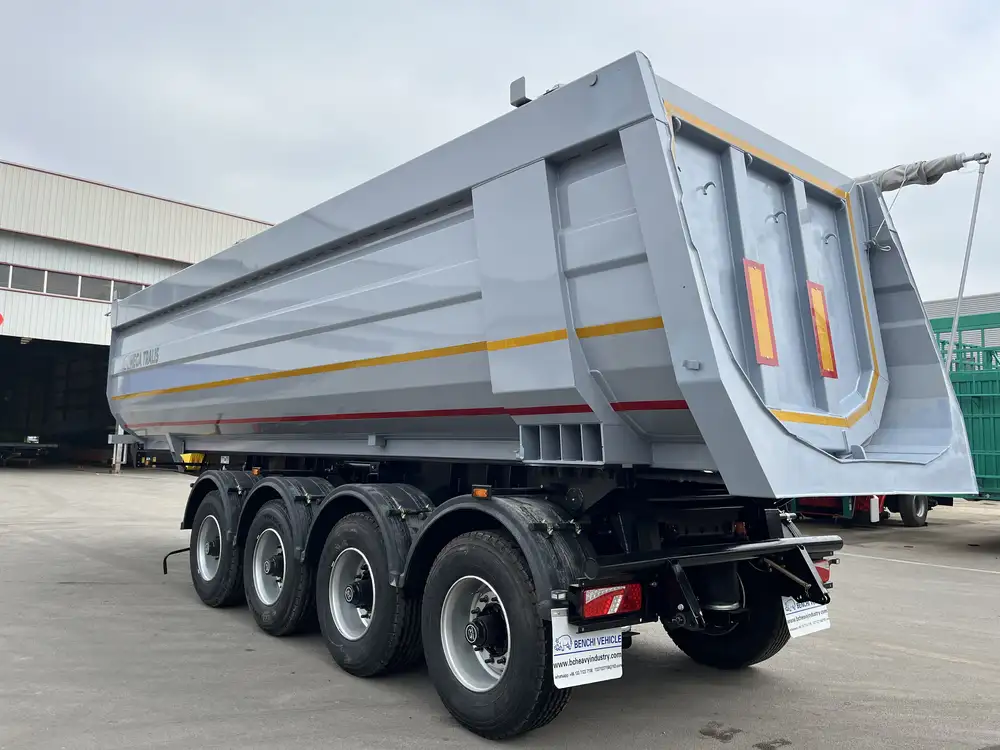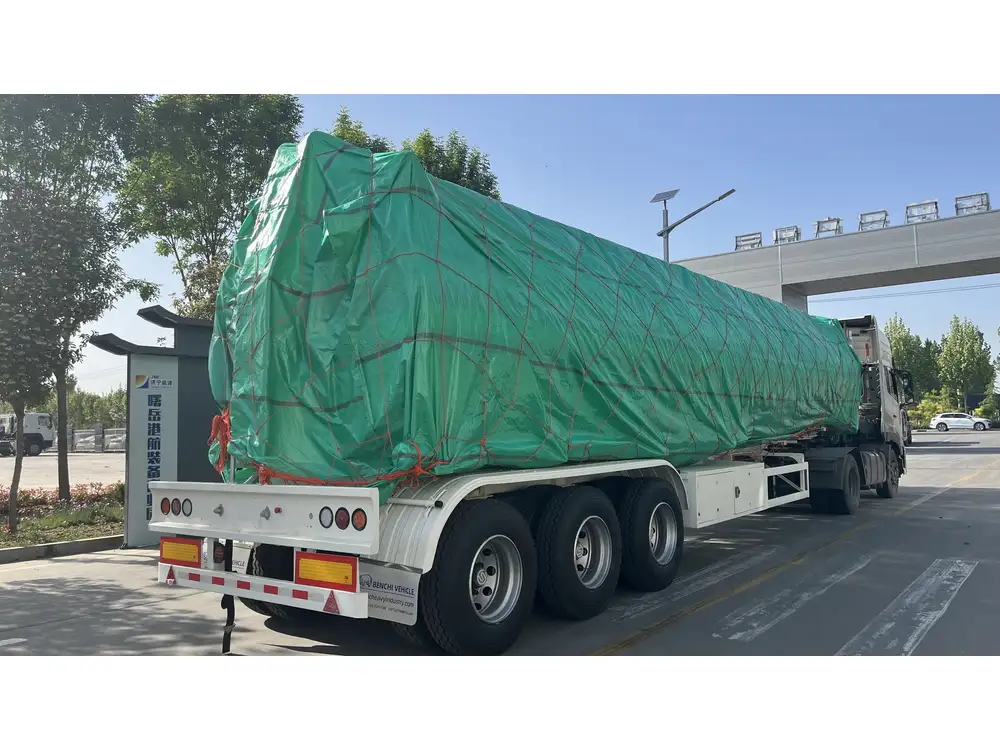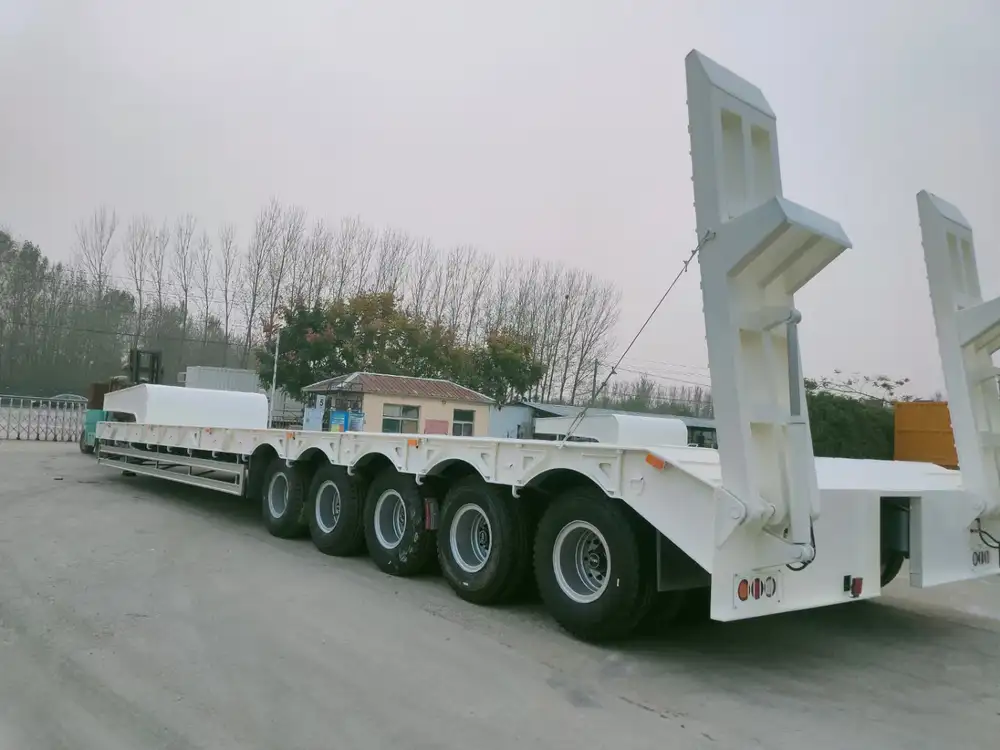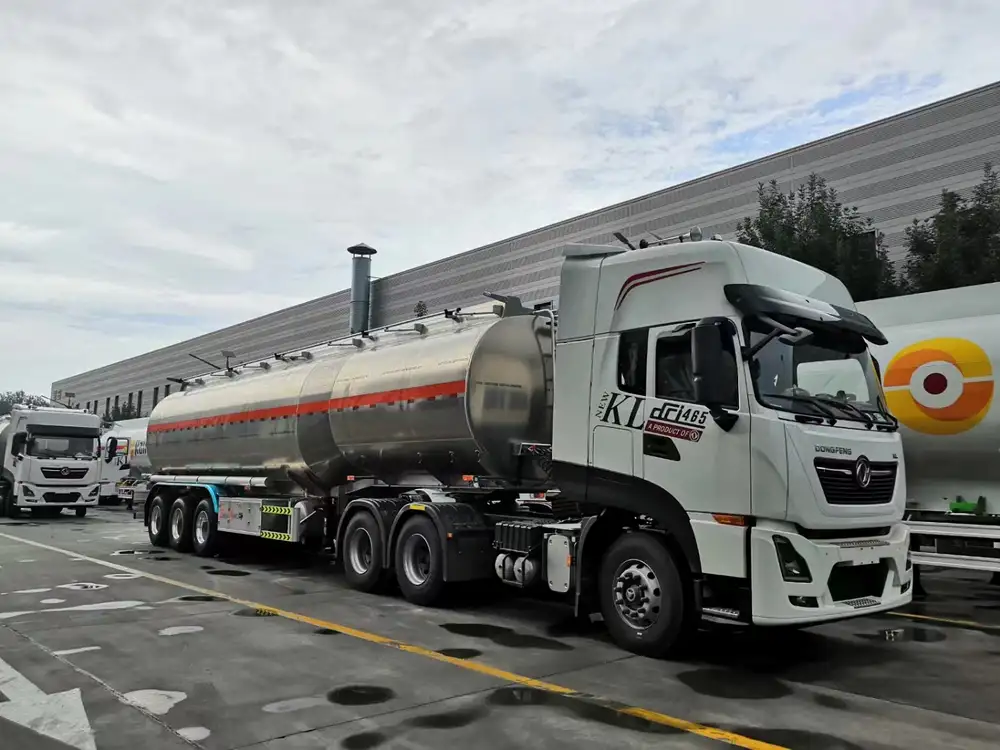When it comes to managing a troubled or unwanted trailer, many questions arise, one of which often is: “Can you leave a trailer at the dump?” This inquiry is particularly pertinent for those in the transportation industry, those who use trailers for work, or even casual users who find themselves with an unwanted vehicle. In this comprehensive article, we’ll dive into the complexities surrounding the disposal, regulations, and best practices concerning leaving trailers at a landfill or junkyard.
Understanding Dump Regulations for Trailers
Local Regulations
Depending on your location, regulations regarding trailer disposal can vary drastically. It is imperative to understand your local laws before making any decisions. Many municipalities have strict rules about what can and cannot be disposed of at dumps or landfills.

Common Regulations Include:
| Regulation Type | Description |
|---|---|
| General Waste Rules | Certain trailers may be classified as hazardous waste if they contain fuel tanks, fluids, or extensive metals. |
| Weight Restrictions | Many landfills have weight restrictions; exceeding them can lead to fines or refusal of disposal. |
| Size Limitations | Large trailers might not fit standard disposal accommodations and may require special arrangements. |
| Required Documentation | Owners may be required to present title papers or proof of ownership before disposal. |
Special Disposal Facilities
In addition to regular dumps, there are specialized facilities designed to handle trailers and other vehicles. These venues focus on recycling and dismantling vehicles in an environmentally friendly manner. Often, they may also offer cash for your old trailer, presenting a potential financial benefit as well.
The Process of Trailer Disposal

Steps to Properly Dispose of Trailers
Assessment of the Trailer Condition
Determine whether the trailer is salvageable or should be discarded. Check for essential components like towing capacity, axle condition, and frame integrity.Research Local Laws
Understand local disposal regulations, including associated fines, fees, and documentation needed for dropping off the trailer at a dump.Contact Local Waste Facilities
It’s prudent to call ahead to your local dump or landfill to confirm the types of trailers they accept, any appointment requirements, and to inquire about potential disposal fees.Prepare Necessary Documentation
Gather papers related to the trailer’s ownership. You may need to provide title information or identification when releasing the trailer for disposal.Consider Donation or Sale
If the trailer is in decent condition, explore the option of selling or donating it. Nonprofits often accept trailers for use in various projects, and this route serves as a beneficial and environmentally friendly alternative.
Popular Disposal Alternatives
Instead of dropping off your trailer at a dump, consider these alternatives:
| Disposal Alternative | Description |
|---|---|
| Sell for Scrap | Scrap yards may pay you based on the weight of the metal, which can be a viable option. |
| Donate to Charity | Organizations might accept trailers for community programs or aid. |
| Trade-In Programs | Many trailer manufacturers or dealers have trade-in initiatives, allowing you to swap for a new model. |
Environmental Considerations
When disposing of a trailer, being environmentally conscious matters. Trailers can consist of various materials that may pose risks to the environment if not properly handled.

Waste Types and Environmental Impact
| Material | Environmental Impact | Proper Disposal Method |
|---|---|---|
| Metals | Can leach harmful toxins into soil and water supply. | Recycling through specialized facilities. |
| Old Tires | Non-biodegradable; poses fire risks when discarded. | Tire recycling programs or retailers. |
| Fuel and Oils | Hazardous waste that can contaminate land and water. | Professional hazardous waste disposal services. |
An Eco-Friendly Disposal Checklist
- Identify Hazardous Materials: Check for fuel, oil, or other residues that require special handling.
- Choose Recycling Facilities: Opt for services specifically designed to handle the recycling of trailer components.
- Follow Disposal Protocols: Always adhere to your local waste disposal guidelines to safeguard the environment.
Common Myths About Trailer Disposal

Myth 1: “You Can Just Abandon Your Trailer at the Dump”
Abandoning a trailer at a landfill is illegal in most locations. This action can result in hefty fines and potential legal consequences. It is crucial to follow proper disposal procedures.
Myth 2: “All Trailers Are Accepted at Dumps”
Many dumps have restrictions on the types of vehicles they accept. Confirm beforehand to avoid future inconveniences.
Myth 3: “Trailers Without Titles Cannot Be Disposed Of”
While it may complicate the process, there are ways to dispose of trailers without titles, often requiring additional documentation or processing. Always check with local authorities for the best procedures.

What to Do with Unwanted Trailers
For owners facing an unwanted trailer, consider these options rather than immediate disposal.
Alternative Solutions
- Repair and Renovate: If feasible, consider restoring the trailer rather than disposing of it. This may entail minor repairs or complete refurbishing.
- Leverage Social Media: Utilize social media platforms such as Facebook Marketplace or Craigslist to advertise the trailer. Often, local interest can yield a quick sale.
- Community Workshops: Sometimes community workshops or maker spaces accept physical donations. Look for local organizations that might use the trailer for projects.
Conclusion: Navigating Trailer Disposal
Ultimately, the question of whether you can leave a trailer at the dump isn’t as straightforward as it may seem. Instead, it involves navigating a web of local regulations, environmental considerations, and disposal options tailored to your needs.
By thoroughly researching the myriad of disposal pathways available and adhering to local laws, you can make an informed decision that aligns with legal, financial, and ecological considerations. Whether you choose to recycle the materials, donate the trailer, or seek monetary compensation through scrap, understanding the process will serve both you and the environment well.
Empower yourself with knowledge as we’ve traversed through the complexities of trailer disposal, enabling you to make conscientious decisions for your unwanted trailer. Remember, every option counts, not just for your own benefit but for the larger community and environment.



